Russian Colonialism and Homophobia in Moldova

Intolerance towards non-heteronormative sexual and gender identities in the Republic of Moldova is a burning issue. It can be expressed in street attacks, hate crimes, suicides, microaggressions, the normalisation of homophobic and transphobic slurs, and patriarchal attitudes in society supported by the church and conservative politicians.
Since 2021, the pro-European government amended the law on non-discrimination to prohibit harassment based on sexual orientation and gender. The Code of Offences introduced penalties for harassment and victimisation. Since 17 January 2023, Moldova, as a member of the Council of Europe, has been obliged by the European Court of Human Rights to pass laws to protect all families, including those started by people of the same sex and, as a result, to recognise same-sex marriages. To set a precedent and speed up the adoption of such laws, some LGBTQ+ activists have filed an application to enter into a same-sex marriage. They now intend to challenge the rejection in court.
Despite welcome changes in legislation, non-cisgender people do not feel safe in Moldova. Reforms are slow and some aspects are not yet considered at all.
For example, there is no legislation to regulate the procedure of changing identity documents for trans people. If the government changes to a more conservative and pro-Russian one, the situation is likely to worsen. And the implementation of laws already passed could be sabotaged.
What follows is an attempt to see if homophobia in Moldova is linked to Russian colonialism and cultural policy since the annexation of Bessarabia (the eastern half of the Principality of Moldova) in 1812.
Principality of Moldova
Despite the common rhetoric that “non-traditional relations” have always been condemned in Central Asia, research shows that the greatest persecution of LGBTIQ+ people occurred in Soviet times, when the crime of “sodomy” was introduced and then implemented into local law. Since then, laws in post-Soviet countries have changed, but in Uzbekistan, the criminal legislation regulating same-sex relationships has remained Soviet and, in the last year, has copied the Russian acts.
Below we explain how LGBTIQ+ rights legislation has changed over the last century, and how Uzbekistan inherited homophobia and privacy invasion policies at the legislative level from the Soviet Union.
Tsardom of Russia and the Russian Empire
Writing for Masa Media, social anthropologist Zarina Mukanova argues that homophobia in Central Asia did not emerge during the Soviet era, but much earlier, with the onset of Russian colonisation and the research of ethnographers, military personnel and travellers. Their observations created an image of “the Orient” in the Russian Empire.
“The notes of travellers and ethnographers are full of condemnation of the Bacha culture – boys from poor families who were trained as dancers to please adult men. Such practices were of interest to travellers, described vividly and in detail, but seen as immoral and criminal. Of course, nothing can justify the sexual corruption of young boys for the pleasure of rich men”.

The Church and cultural policies of the Russian Empire after the annexation of Bessarabia
Moldova and Wallachia, eager to rid themselves of tightening Ottoman control, entered into situational anti-Ottoman alliances with either Austria-Hungary or the Russian Empire. [Victor Taki] Initially, Moldovan elites pinned on Russia their hopes for freedom from Ottoman tyranny and the restoration of local institutions of power. This was promoted by Russia’s status as “intercessor of Orthodox Christians”, the empire’s main soft power tool in the Balkans and the Romanian principalities. Hopes were not fulfilled, and instead of liberation, the eastern half of the Principality of Moldova was annexed and absorbed into the Empire, and the truncated Principality of Moldova, along with Wallachia, came under Russian military occupation.
In the Principalities, the Orthodox Church maintained a strong connection with the Moscow Patriarchate for many centuries. In annexed Bessarabia, it was the Orthodox Church that became the main conductor of imperial cultural policy. It also continued to regulate social life in many ways, despite formalising civil justice.
The extension of the ban on homosexual relations to the entire civilian population of the Russian Empire in 1835 coincided with the introduction of the policy of unifying Bessarabian laws with imperial ones, the Russification of the service class, keeping of records only in Russian, the settlement of the south of the territory by Bulgarian, Gagauz, Ukrainian, Russian and German peasants, the complete Russification of towns, the expulsion of the Romanian-speaking population to villages and the deprivation of the “Bessarabian province” of what remained of the autonomy it had enjoyed as part of the Empire since 1812.
Thus is how homophobic Russian laws came to apply in the colonised territory, although homophobia was nothing new.
Bessarabia as part of the Kingdom of Romania
In 1858, the truncated Principality of Moldova, having lost Bessarabia to Russia, united with Wallachia. In 1866, the united principalities became a unitary state, Romania. Romania gained independence from the Sublime Porte in 1878 and became a kingdom in 1881.
In 1917, after the Russian Empire ceased to exist, Bessarabia declared its independence as the Moldovan Democratic Republic. Later, it became part of the Kingdom of Romania. Florin Buhuceanu [7] notes that from the second half of the 19th century until the mid-1930s, Romanian laws treated gay and heterosexual people alike. Inspired by French law, which made no mention of private sexual relations, the Romanian Penal Code of 1864 did not include penalties for homosexual acts. Since 1878, the law in Transylvania punished gay men only for participating in violent sexual acts — rape or attempted rape.
Buhuceanu believes that this demonstrates the lack of a strong and continuous homophobic tradition in Romania, a narrative that is currently supported by conservative forces in the country.
However, by the 1930s, as the kingdom was winding down towards a nationalist dictatorship and then a fascist military regime, the law had also changed. In 1937, the Romanian Civil Code criminalised homosexuality. The penalty was six months to two years’ imprisonment and applied only if the homosexual acts caused a “public scandal”. The punishment was much milder than in Nazi Germany, where gays and lesbians faced the death penalty. Homosexual acts involving minors were punished in the same way as similar heterosexual acts.
Moldova as part of the USSR
In 1939, the Soviet Union annexed Bessarabia as part of the Molotov-Ribbentrop Pact. On the night of June 12-13, the deportation of “undesirable elements” began, including Romanian-speaking Moldovans, Gagauzs, anyone who opposed the annexation, and “potential spies”. Housefathers were exiled to labour camps, the remaining family members were sent to settlements in the Kazakh SSR, Komi ASSR, Krasnoyarsk Krai, Omsk and Novosibirsk Regions. Some 29,839 people were expelled from the country.
In 1941 Bessarabia was invaded by the Romanian military regime of Antonescu and then again by the Soviet Union in 1944, and remained part of it until 1991. From 6 to 7 July 1949, as a result of “Operation South”, the USSR deported 32,423 people: “former landlords, large merchants, active supporters of the German invaders, <…> White Guardists, as well as families of all the above categories”. That is, all the opponents of the Soviet regime.
By the time the Moldovan SSR was formed as a result of the de facto seizure of territory, homophobic legislation had already been in place in the Soviet Union since 1933. Gay contact entailed forced psychiatric treatment as well as incarceration in the GULAG labour camp system.
The Soviet criminalisation of homosexuality was fundamentally different from the homophobic laws of the past. Exile to multiple labour camps gave rise to a specific prison homophobic culture.
The legacy of prison “etiquette”
The code of conduct or “etiquette” of the prison subculture, previously concentrated in penal institutions, took a new turn under the Soviet regime. It has also left a strong imprint on the socialisation on the territory of the modern Republic of Moldova.
The prison caste system automatically assigned any male prisoner who had sexual intercourse with another man (consensual or as a result of sexualised violence) an inferior position in the hierarchy. The stigma of the so-called “turned out” could be passed on to others if someone noticed them interacting with the “turned out” as equals or sharing household items, such as utensils, with them. In communities of current and former prisoners, even in today’s Moldova, “etiquette” remains a moral fibre.
The dynamics were different in women’s prisons. While in men’s prisons, any hint of homosexuality (real or perceived by other prisoners) led to violence and humiliation, in women’s prisons some prisoners, with some reservations, chose to become “wives” of more powerful female prisoners. The role of “wife” could also involve a sexual relationship. This alliance guaranteed security from harassment, theft and physical abuse in the prison community. The more vulnerable prisoners may have been forced to take this step. Often these influential women prisoners had an expressive socialising style that was stereotypically interpreted as masculine and therefore gender non-conforming. “Marriage” did not, however, declass the “wives” in the prison social hierarchy. Some of these couples continued to live together even after their release, although they did not introduce their female friends as spouses on the outside. Some “wives” noted that they stayed together because they developed romantic feelings for their girlfriends.
“Prison etiquette” seeped into society’s prejudices outside prisons. The Soviet totalitarian regime and the machine of repression spared literally no one. Huge numbers of native Moldovans, especially villagers, were deported by the Soviet authorities. For dissent, one could be shot or imprisoned in labour camps for decades. The camps were full of people convicted of crimes that also exist in modern penal codes — including repeat offenders — as well as political prisoners and marginalised people.
They were released, if at all, after serving long sentences with a new value system shaped by prison etiquette. While the subcultural hierarchical system did not always resonate with people outside the closed prison community, the severity of the stigma and the trauma experienced affected the wards and the children still growing up, especially the boys.
(Foul) language shapes the mentality
Increasing Russianisation and the subsequent coexistence of Russian and Romanian led to a gradual overlapping of the vocabularies of the two languages in oral speech. Romanian speech was affected to a greater extent. The accent and pronunciation of Romanian in the Republic of Moldova is not much different from Romanian in the Moldovan region of Romania. But there are many Russian semantic borrowings, both lexical and grammatical, in modern Romanian. Among them, profanity can be singled out separately.
The colloquial foul language of Romanian in Romania and Romanian in the Republic of Moldova is significantly different. The latter adopted a large amount of Russian swear words, influenced by the described prison “etiquette”. For natives of Moldova who grew up speaking and swearing in Romanian with Russian borrowings, Romanian foul language sounds unusual — stilted and not rude enough. The colour of the swear words borrowed from Russian feels tougher and harsher. This is probably a reflection of the culture of violence and its normalisation in Russia that spread, as a result of colonisation, beyond its modern borders in Russian-speaking areas.
The sense of greater proximity to Russian-language swearing adds a peculiar spice to homophobic perceptions. For example, the Russian pejoratives pidor (fag) and petukh (turned out) in relation to non-cisheteronormative males have been fully adopted as Russisms in colloquial Moldovan Romanian. Romanian pejorative poponar, similar to the Russian petukh, is extremely rare in Moldovan colloquial speech. Perhaps the reason for this is also the yoke of the “turned out” stigma (also known as “downcast”) rooted in the prison subculture of the post-Russian colonial space. This makes these two homophobic pejoratives different in terms of their perceived degree of offensiveness.
These obscene pejorative Russisms are often used in the statements of openly homophobic politicians in Moldova. They rally their electorate around fears of LGBTQ+ people and populist promises of “protection of traditional values”. Such rhetoric in the political sphere, broadcast by the media, remains the main driver of homophobic attitudes in Moldova today.
Pro-Russianism and hate speech in the contemporary political arena
Conservative pro-Russian parties such as the Party of Socialists and the Party of Communists of the Republic of Moldova (which function as a political bloc in the current assembly), as well as the Șor Party, have seats in the Moldovan parliament as of 2023. Since the beginning of the full-scale invasion of Ukraine by Russian troops, all three parties have advocated maintaining diplomatic and economic relations with Russia without openly declaring a specific position on Russian military aggression and crimes. They either support the presence of Russian troops as a “peacekeeping force” in the Transnistrian region or observe silence on the point.
It is MPs from these pro-Russian parties who make statements full of hate speech against LGBTQ+ people, sometimes including foul language. This rhetoric is broadcast on television. In Moldova, as in Russian politics, television is used to increase support, influence and power by rallying the public against an imaginary, fabricated common threat and diverting attention from existing crises.
Since autumn 2022, the Șor Party has organised pro-Russian protests against the pro-European Party of Action and Solidarity that is currently in power. Șor uses populist rallying tactics amid rising gas and energy prices to attract participants, offering financial incentives and arranging transportation to the demonstrations from different parts of the country. The police have also repeatedly identified citizens of the Russian Federation among the protesters. The Party of Communists and the Party of Socialists of the Republic of Moldova have long supported the activity of Rossotrudnichestvo (Russian Federal Agency for the Commonwealth of Independent States Affairs, Compatriots Living Abroad, and International Humanitarian Cooperation) in the country. With the support and funding of the Congress of Russian Communities, Rossotrudnichestvo has access to cultural education in Russian-speaking schools in the republic.

Russian-language education for national minorities
The Constitution of the Republic of Moldova guarantees the right to choose the language of education. In the laws, Russian, Ukrainian, Bulgarian and Romani appear as national minority languages.
However, in Ukrainian, Gagauz or Bulgarian schools — there are no state Roma schools in the Republic, as in many other countries — a number of subjects are taught in Russian, and the Russian language is part of the curriculum. A mother tongue is added to the range of subjects studied. But the number of lessons per week does not exceed — or is often well below — the number of Russian lessons per week. Russian is often spoken in families due to the colonial displacement of the mother tongue. Such a linguistic background contributes to the dominance of Russian over other spoken languages in social life and to the preference for receiving information mainly from Russian-language sources.
The same principle applies to students in Russian schools. Moreover, the culture that is instilled there is Russian, and funding and extracurricular activities can be provided by the Russian community and Rossotrudnichestvo. This creates a platform for the dissemination of narratives of Russian propaganda, Russian imperialism and a culture of violence.
Generally, Russian schools ignore the ethnic diversity of Russian speakers in Moldova. Thus, students are brought up in an environment where the language they speak is equated to ethnicity. The school does not provide space for reflection on this aspect of identity.
Most of those who studied in Russian at school continue their studies in Russian when they enter Moldovan universities. Many Russian school leavers enter Russian universities, mainly in Moscow and St Petersburg, using quotas provided by Rossotrudnichestvo, and emigrate to Russia. Many of the emigrating applicants come from the Transnistrian Territory.
Crisis of national affiliation
One can argue that modern Moldova doesn’t have its own single nation. It is still young as a political entity, and the events that led to its creation, as well as those that have occurred since, have sharpened the divisions in terms of language (note that the conflict is usually generalised into a Romanian/Russian dichotomy, with national minorities using Russian for inter-ethnic communication due to the phenomena described above) and political orientation (pro-European/pro-Russian). At the same time, both Romanian-speaking and Russian-speaking Moldovans are experiencing a certain identity crisis, reflecting on the colonising effect on their own people or coming into contact with other members of their ethnic group outside Moldova.
For many Russian speakers who define themselves as Russians, there is a disconnect: they realise that Russian Russians do not see them as “fellow nationals”.
Among them, some Russian speakers do not know their ancestral history and/or are not aware of their Ukrainian/Bulgarian/Gagauz roots.
Russian imperialism, with its chauvinism and stereotypes, tends to see all Moldovans as “poor guest workers”, construction workers, and repairmen and to assume (especially about those who come to Russia) that they are uneducated and come to do “low prestige” work.
The experience of alienation may estrange Russian-speaking Moldovans from their self-identification with Russia and Russianism. In such cases, some find meaning in the identity of “Moldovan” only because they grew up in Moldova. Notably, their ethnicity may not play a role.
As for the Romanian-speaking population of Moldova — ethnic Moldovans, Romanians, and some Roma communities — after a long period of living outside Romania and the parallel development of the other half of the Moldovan population within Romanian territories, they also face the problem of national identity, defined by a combination of a feeling of ethnic exclusion in Moldova and a similar feeling towards the majority from which they were forcibly separated.
Conclusion
The Constitution of the Republic of Moldova guarantees the right to choose the language of education. In the laws, Russian, Ukrainian, Bulgarian and Romani appear as national minority languages.
However, in Ukrainian, Gagauz or Bulgarian schools — there are no state Roma schools in the Republic, as in many other countries — a number of subjects are taught in Russian, and the Russian language is part of the curriculum. A mother tongue is added to the range of subjects studied. But the number of lessons per week does not exceed — or is often well below — the number of Russian lessons per week. Russian is often spoken in families due to the colonial displacement of the mother tongue. Such a linguistic background contributes to the dominance of Russian over other spoken languages in social life and to the preference for receiving information mainly from Russian-language sources.
The same principle applies to students in Russian schools. Moreover, the culture that is instilled there is Russian, and funding and extracurricular activities can be provided by the Russian community and Rossotrudnichestvo. This creates a platform for the dissemination of narratives of Russian propaganda, Russian imperialism and a culture of violence.
References
1. Lilia Zabolotnaya, Pravovoe polozhenie moldavskoy zhenschiny v sisteme semeyno-imuschestvennykh otnosheniy. Usloviya zakluchenia i rastorzheniya braka (XIV–XVII vv.) [The legal status of a Moldovan woman in the system of family and property relations. Conditions for the conclusion and dissolution of marriage (XIV–XVII centuries)], 2019.
2. Sorin Bulboacă, Social Marginality in Romanian Countries in the Middles Ages and Early Modern Age, Debates on Globalization. Approaching National Identity Through Intercultural Dialogue, 2015, “ARHIPELAG XXI” Press.
3. Vern L. Bullough, & James Brundage, Handbook of Medieval Sexuality (1st ed.). 1996, Routledge.
4. Stephen Morris, When Brothers Dwell in Unity: Byzantine Christianity and Homosexuality, 2016, McFarland & Company Inc., Publishers.
5. Vern L. Bullough, & James Brundage, Handbook of Medieval Sexuality (1st ed.). 1996, Routledge, Eve Levin, Eastern Orthodox Christianity.
6. Vlad Skrabnevsky, Sudba gomoseksualnosti v Rossii: ot drevnerusskoy zabavy do ugolovnogo prestuplenia [Fate of Homosexuality in Russia: From Ancient Russian Fun to Criminal Offense], 2020.
7. Florin Buhuceanu, Istoricul legislatsiei antihomosexuale – tradiţii româneşti [History of anti-gay legislation – Romanian traditions], 2003.
8. Andrey Kushko, Victor Taki, Oleg Grom, Bessarabia v sostave Rossiyskoy imperii 1812-1917 [Bessarabia as part of the Russian Empire 1812-1917], Novoe literaturnoe obozrenie, 2012.
This article was originally published here
Edited by Inga Daraselia, translated by Valeria Khotsina
Illustrations by A.Mur
Read more articles from the Issue

“This Is My Feminist Manifesto”

Behind the Mask: Contemporary Drag Culture in Kazakhstan

Chemo Dao
Queer Self-Expression in Kyrgyzstan: Between Cultural Norms and Personal Values
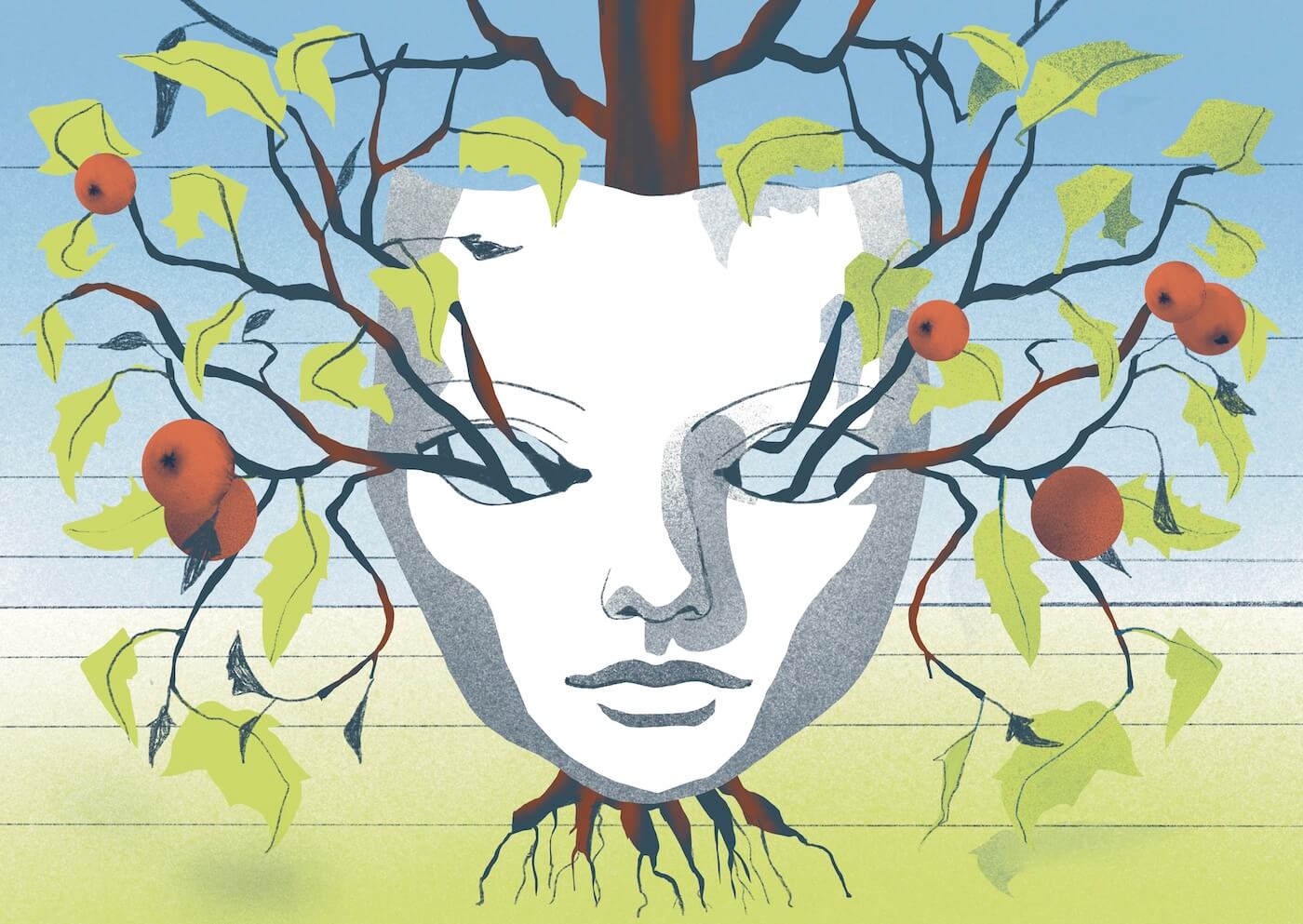
Three Stories from Moldova: Drag, Cinema, Literature
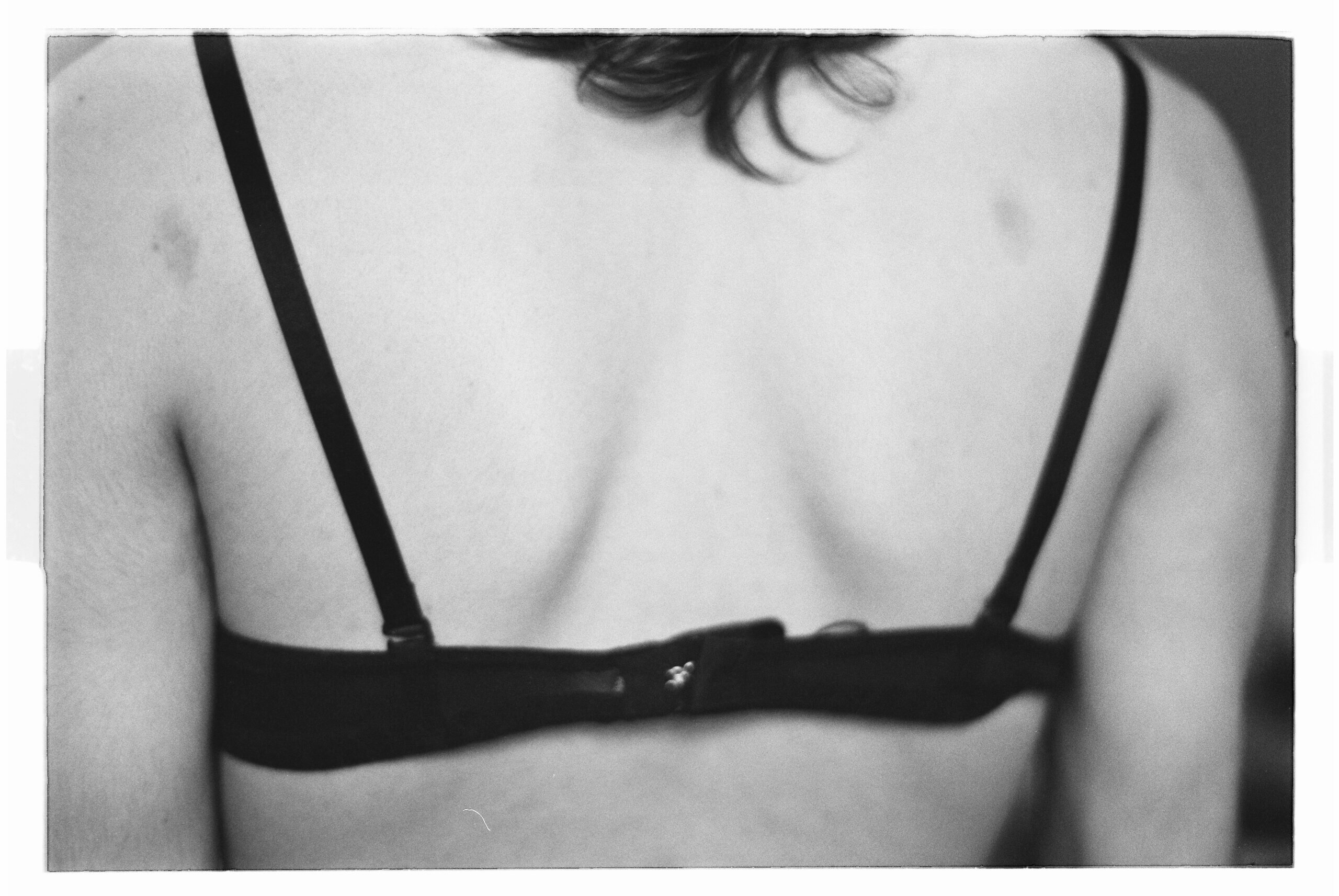
Drag in Armenia: An Evolution of the Artform

Guess the Fact – Queer Artist Edition
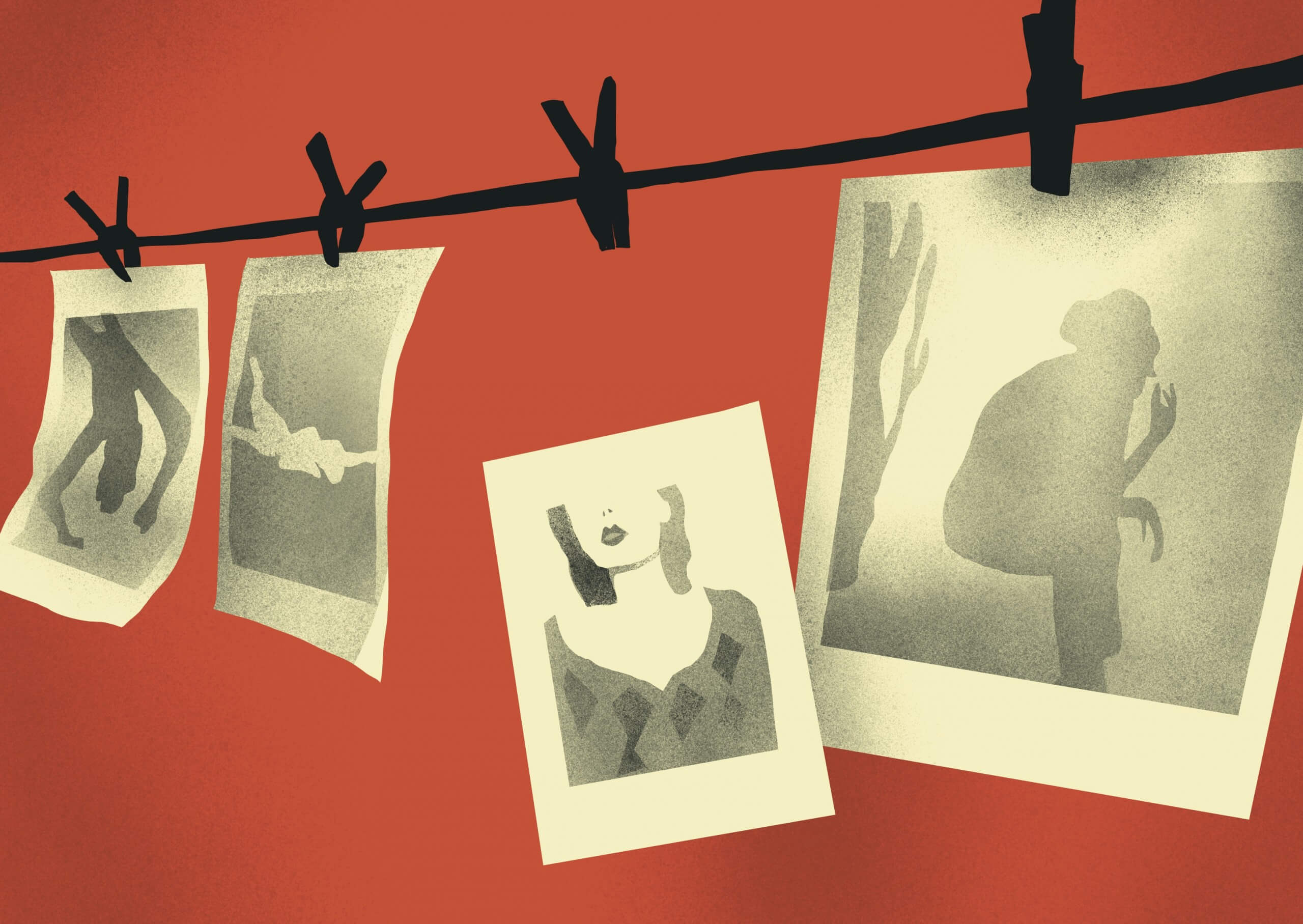
“Discover Your Own Point of Tension and Pleasure. Trust Both”
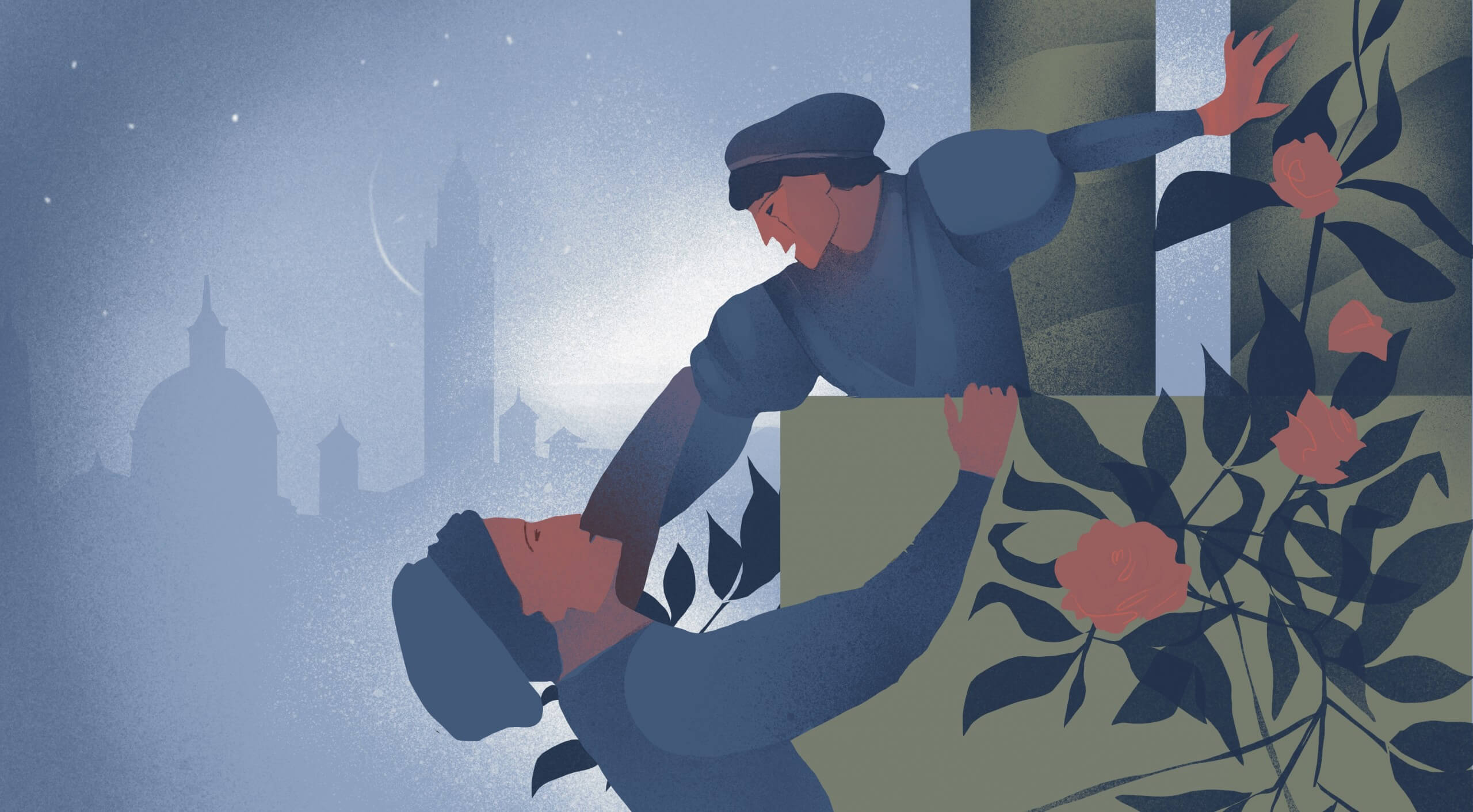
Colourful Petals

Emotions. Feelings. Uzbekistan
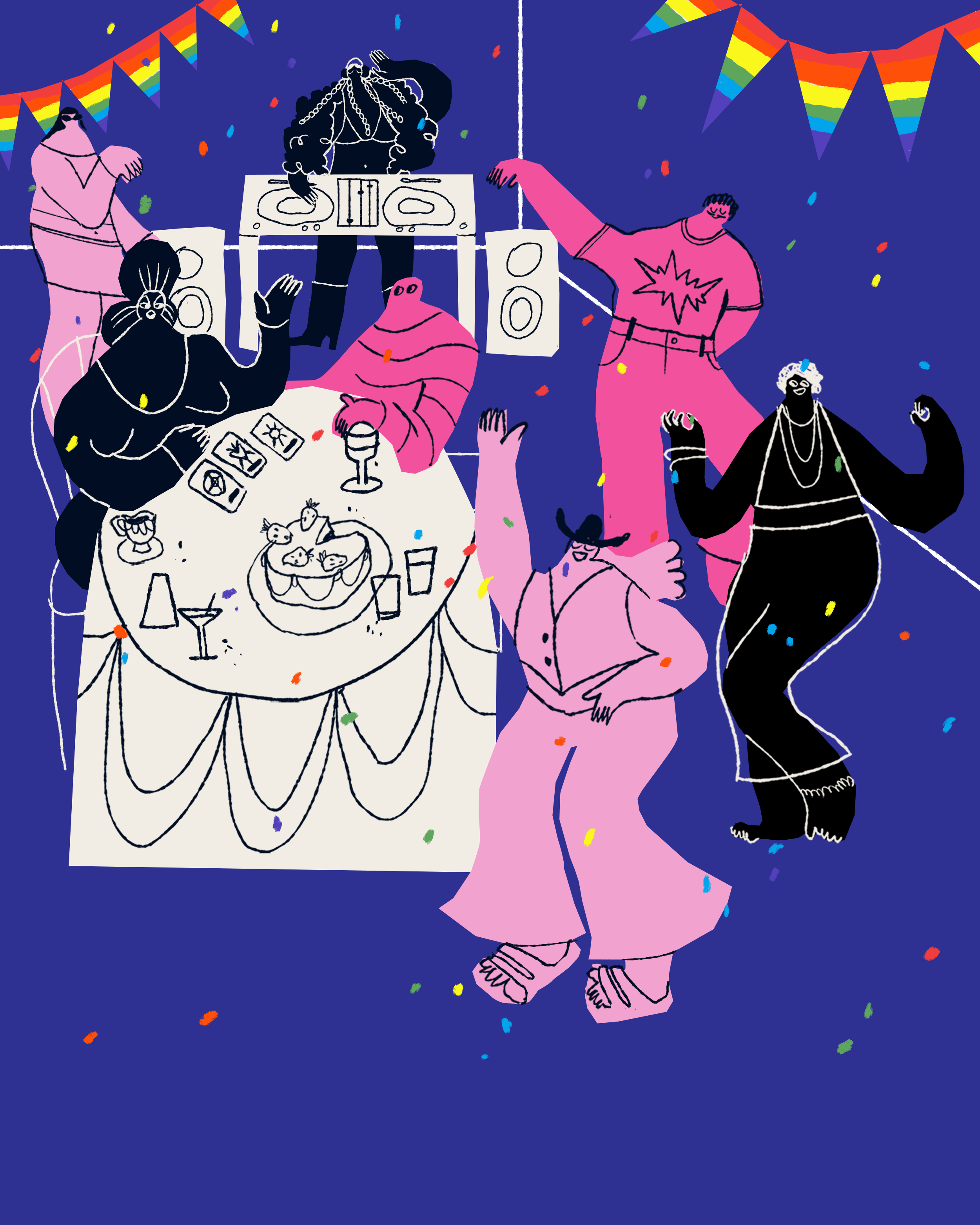
Peculiarities of Running LGBTQ Spaces in Kazakhstan

Defying Boundaries: Azerbaijan’s Drag Star

“In Prison, They Named Me Rayhon”
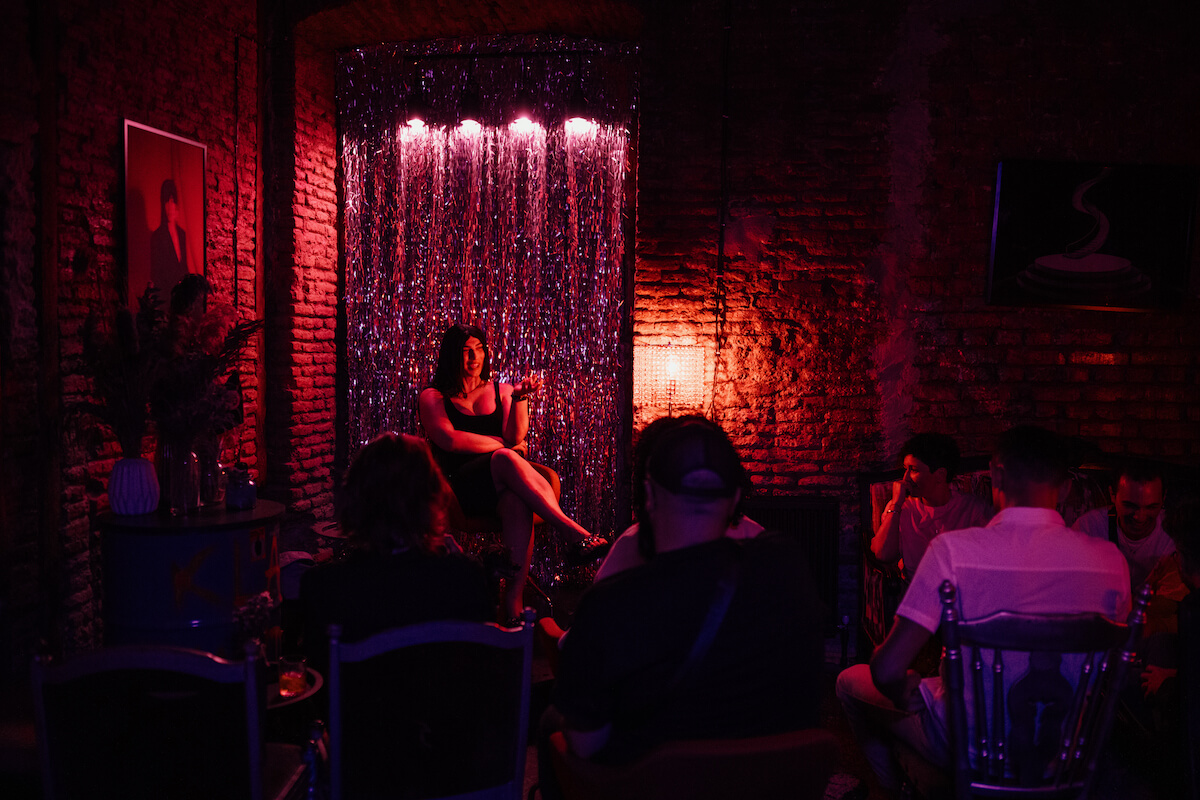
From Street Violence to Stand-Up Scene

“The Most Important Thing For Me Is That My Son Is Happy”
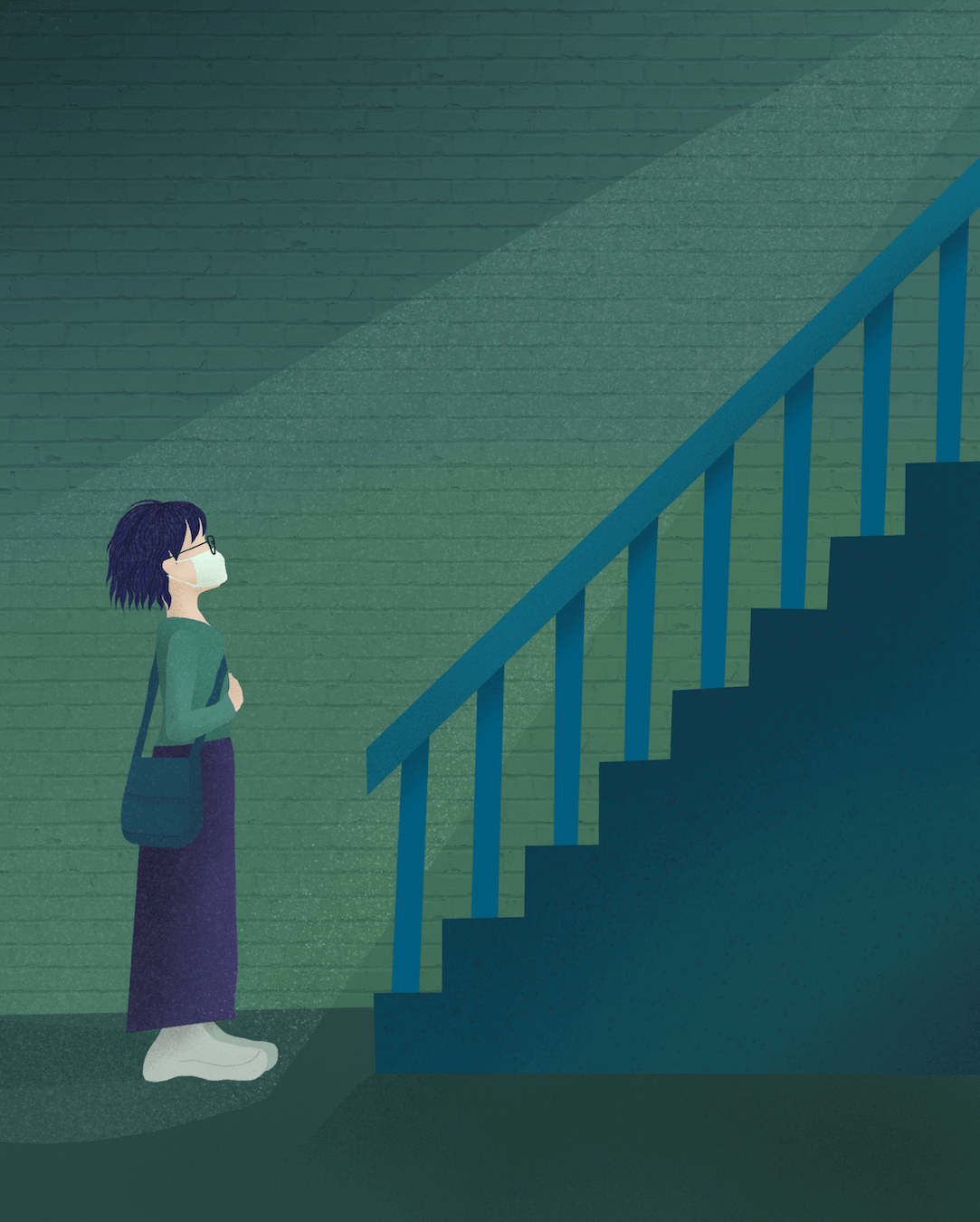
“There Are Things One Doesn’t Choose”
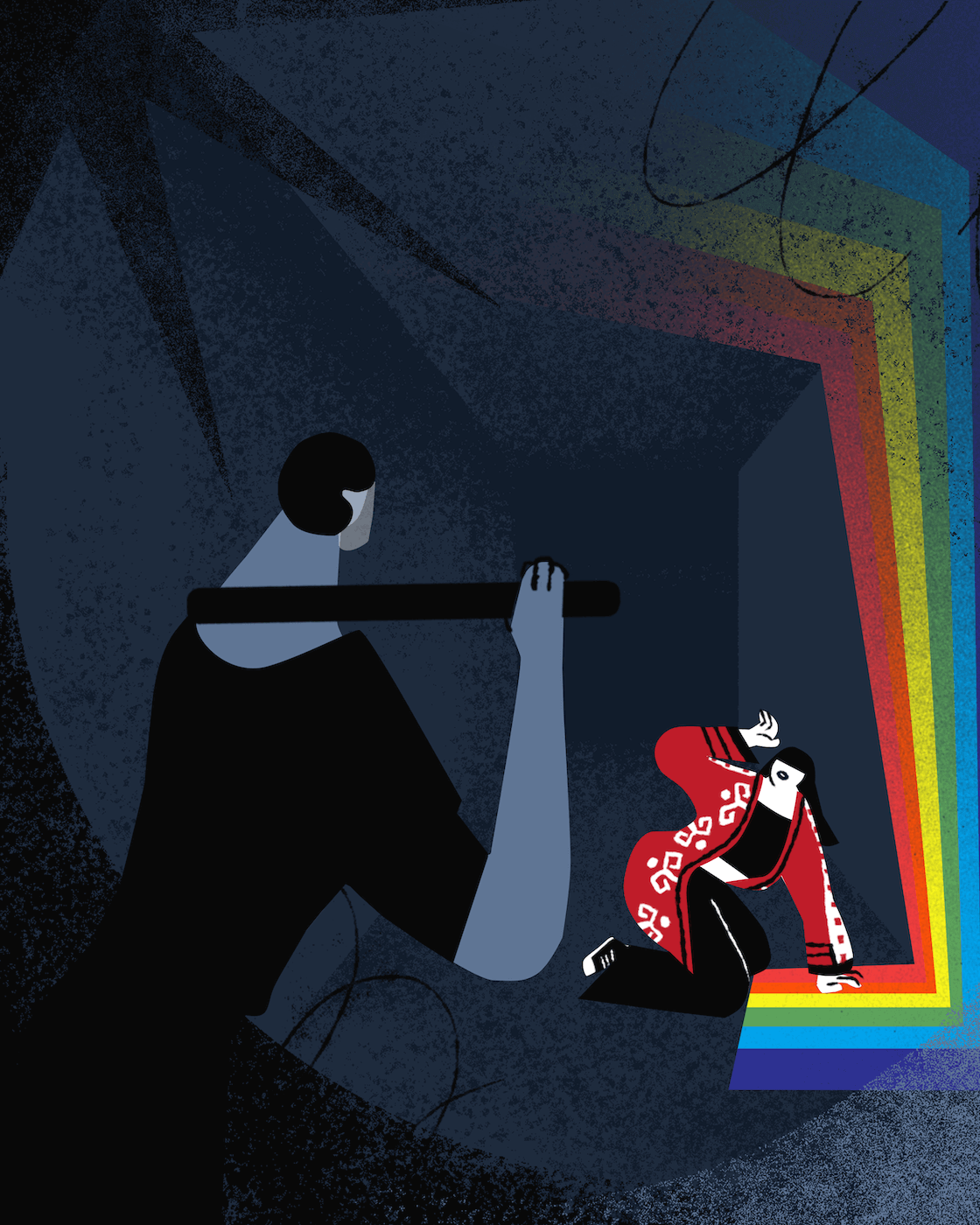
“I Was Told I Had Disgraced Kazakhstan”

I Am Queer, but Am I Safe?

“If Your Protesting Hand Gets Tired, I’ll Be There To Take It”
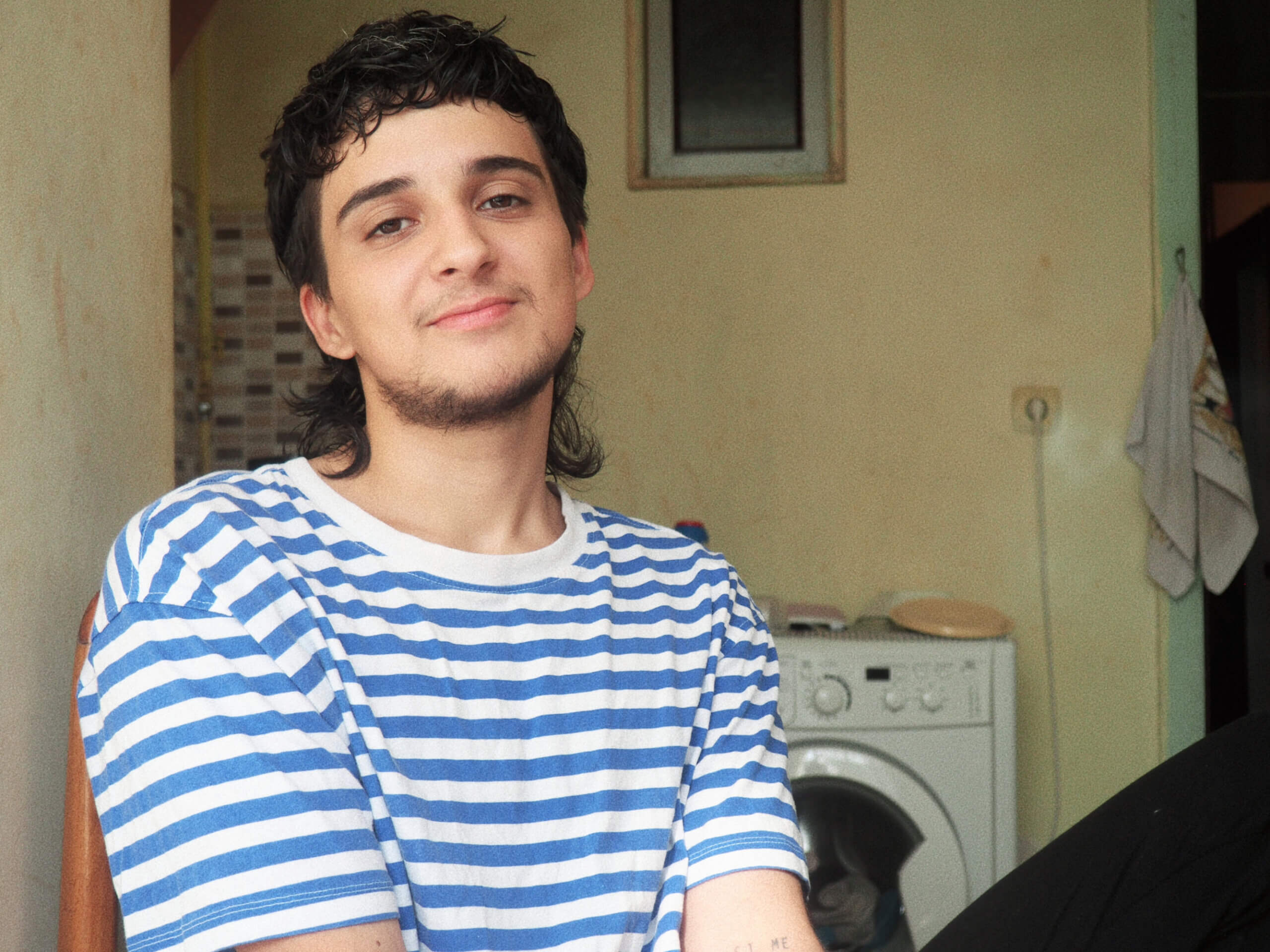
Trans Solidarity Against Bigoted Institutions
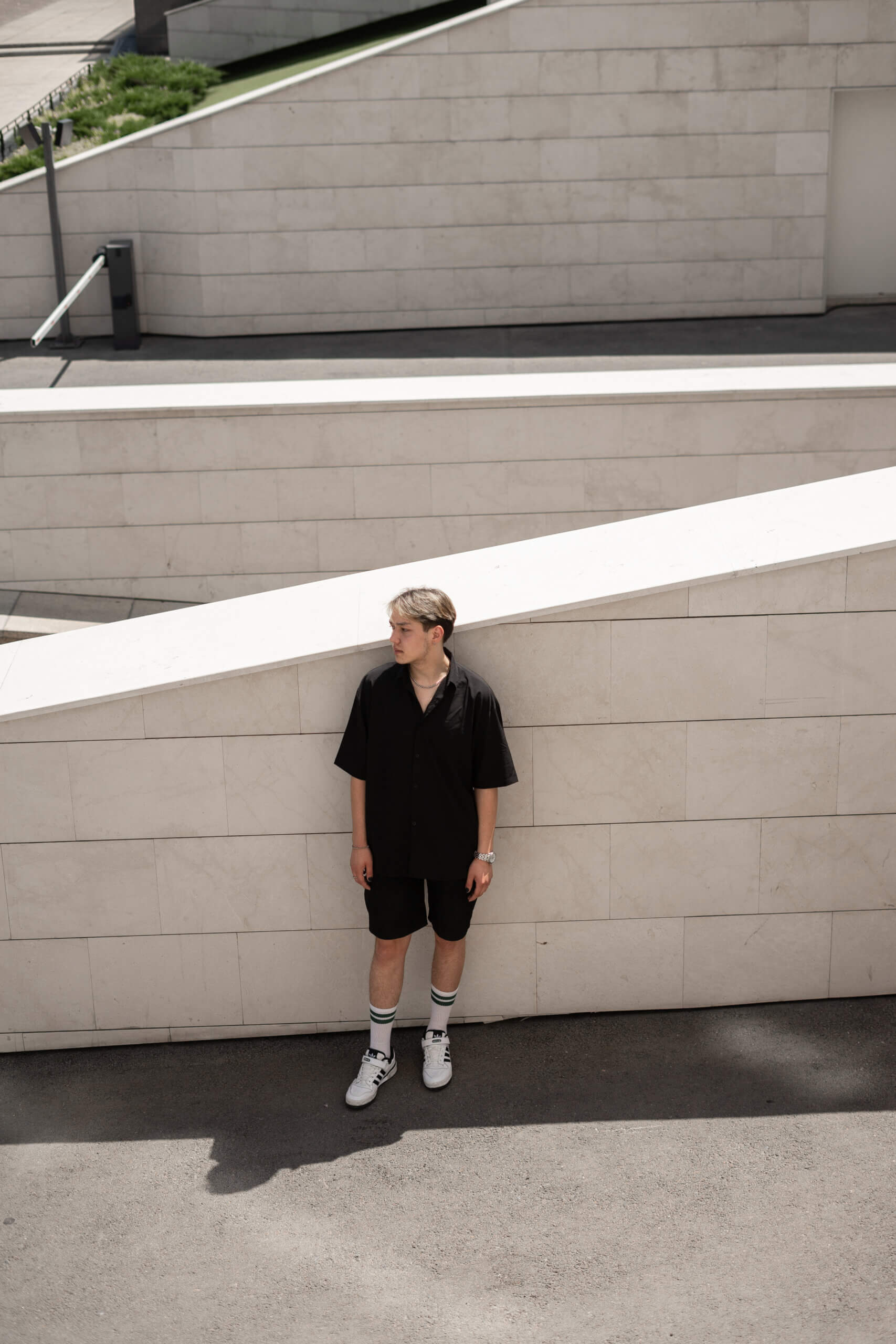
“I Gave Up a Lot To Be Who I Am”

Influence
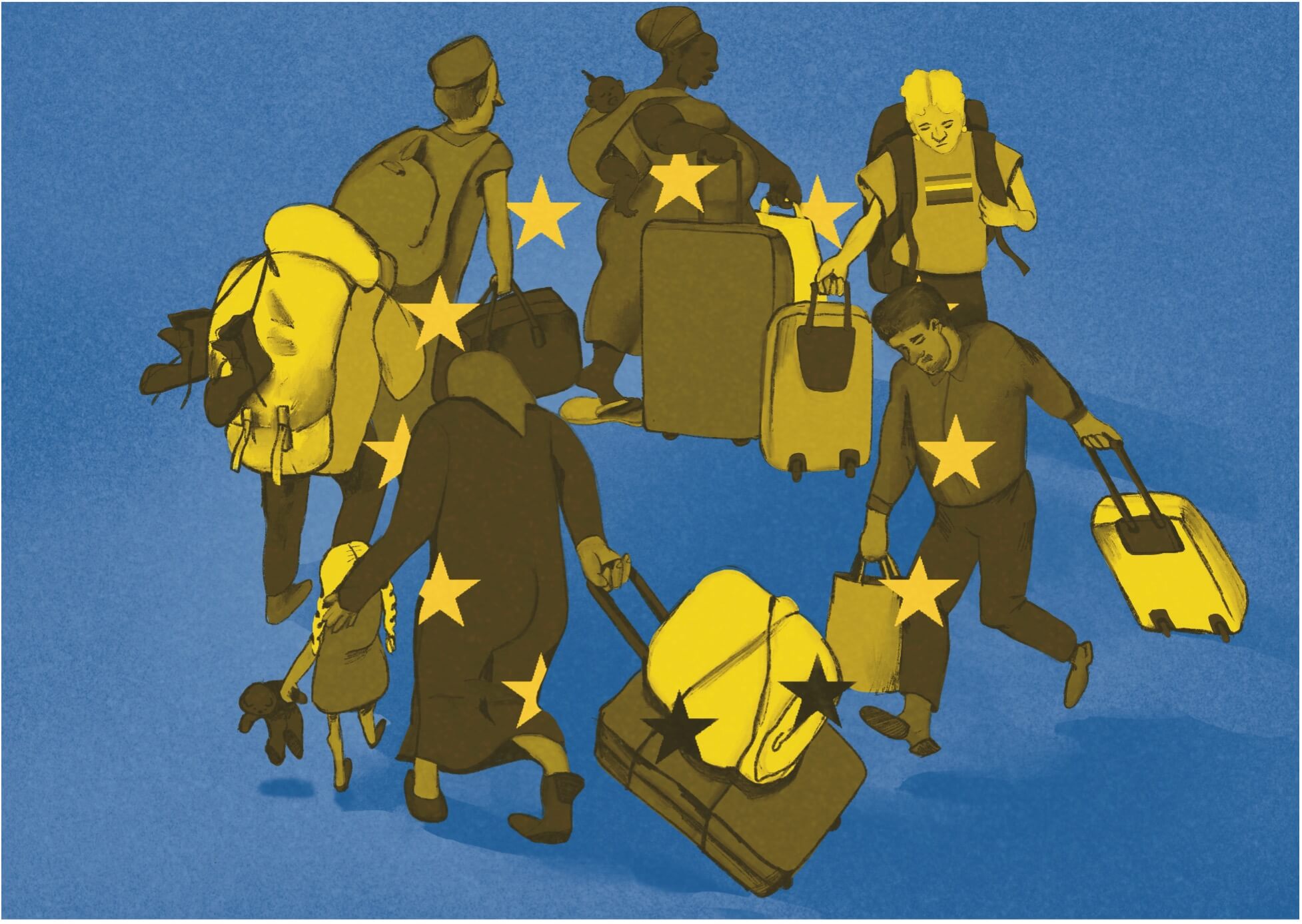
A Story of One Migration

In Armenia, Trans Community Faces Fear, Neglect
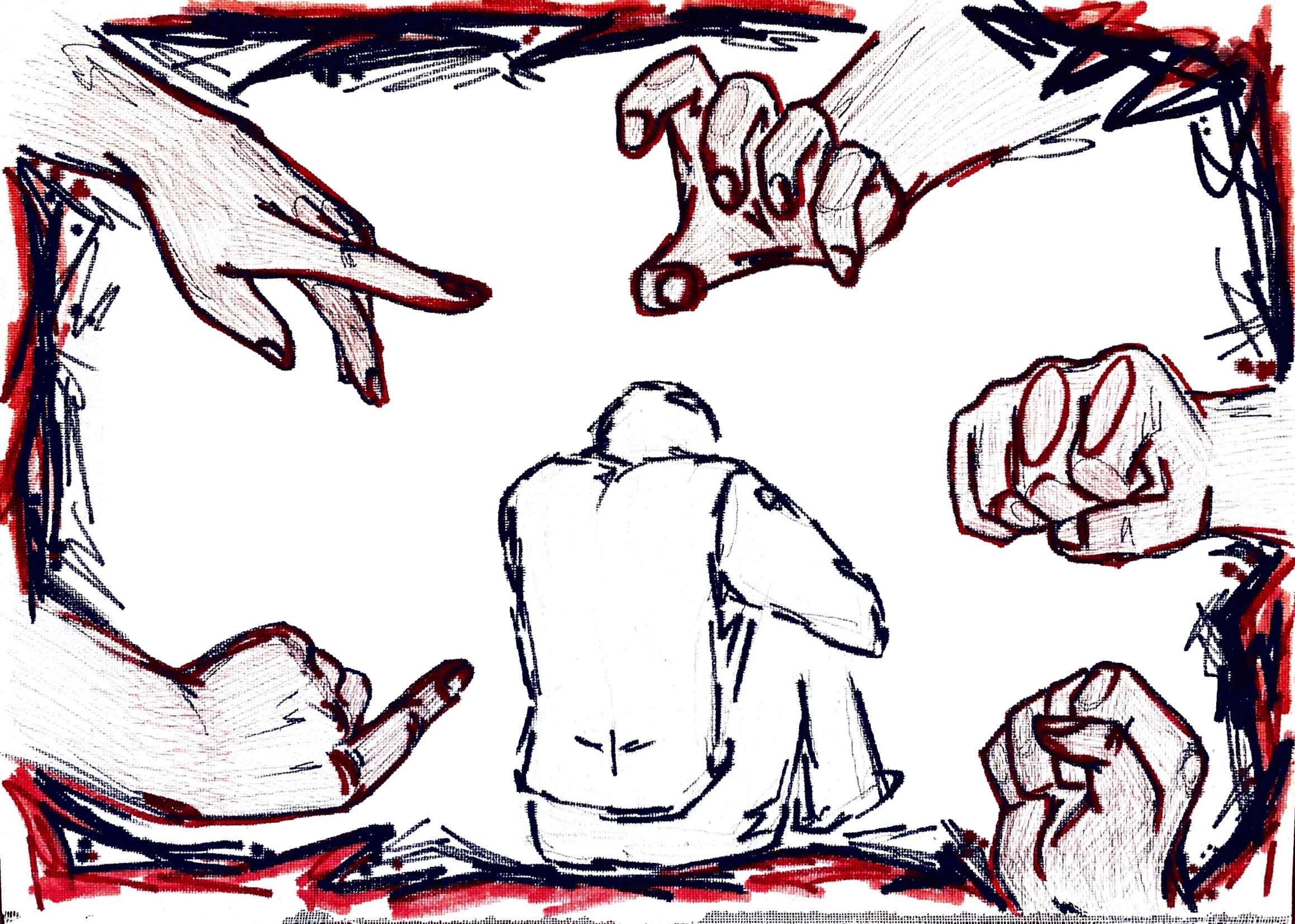
“If We Call the Police, They Laugh at Us”

No Trauma, No Drama. Rewriting Media LGBTQI+ Narratives
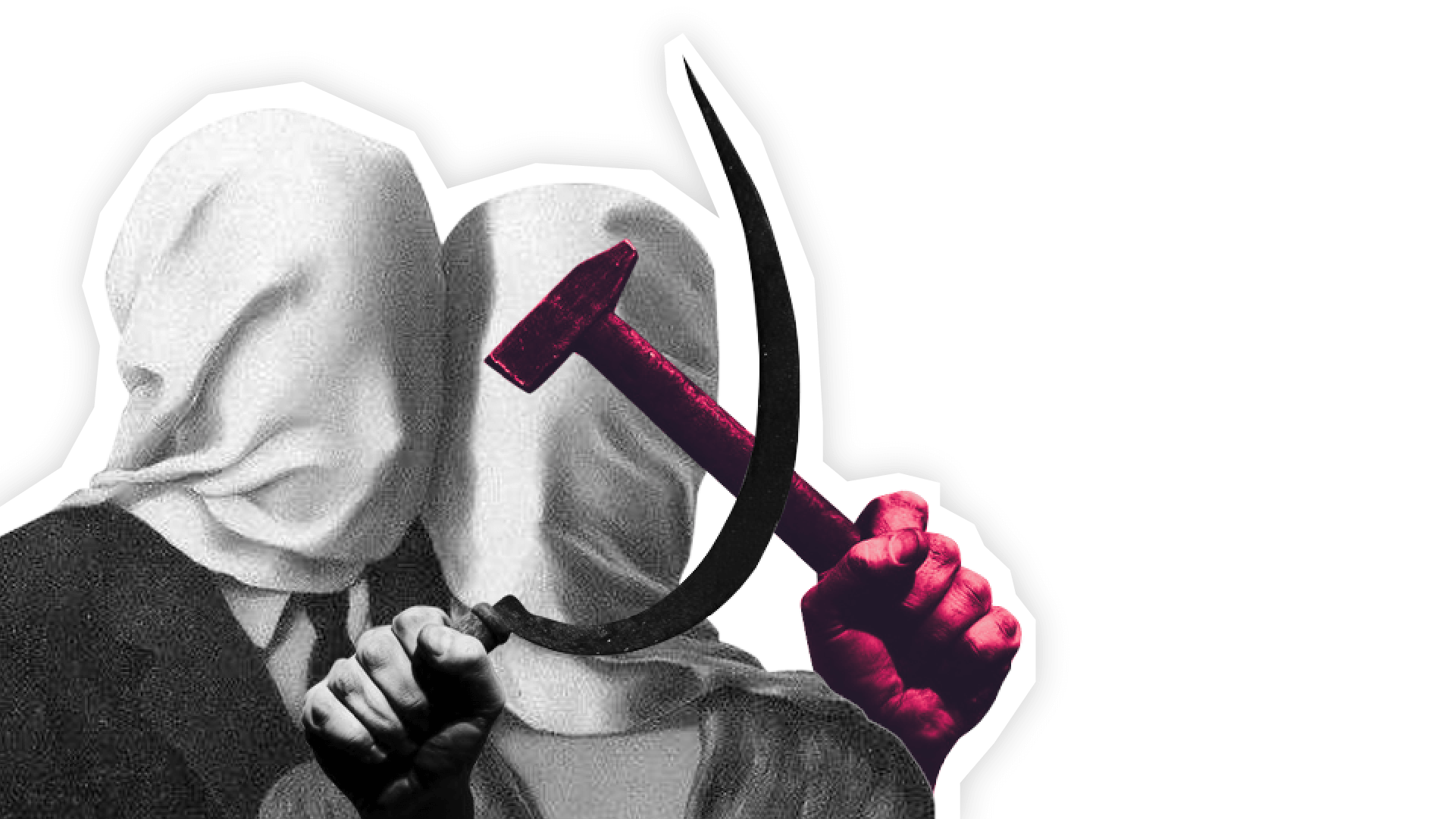
What if homophobia in Central Asia is a product of colonialism?

Russian Propaganda’s Influence on Soviet and Post-Soviet Homophobic Narratives in South Caucasus
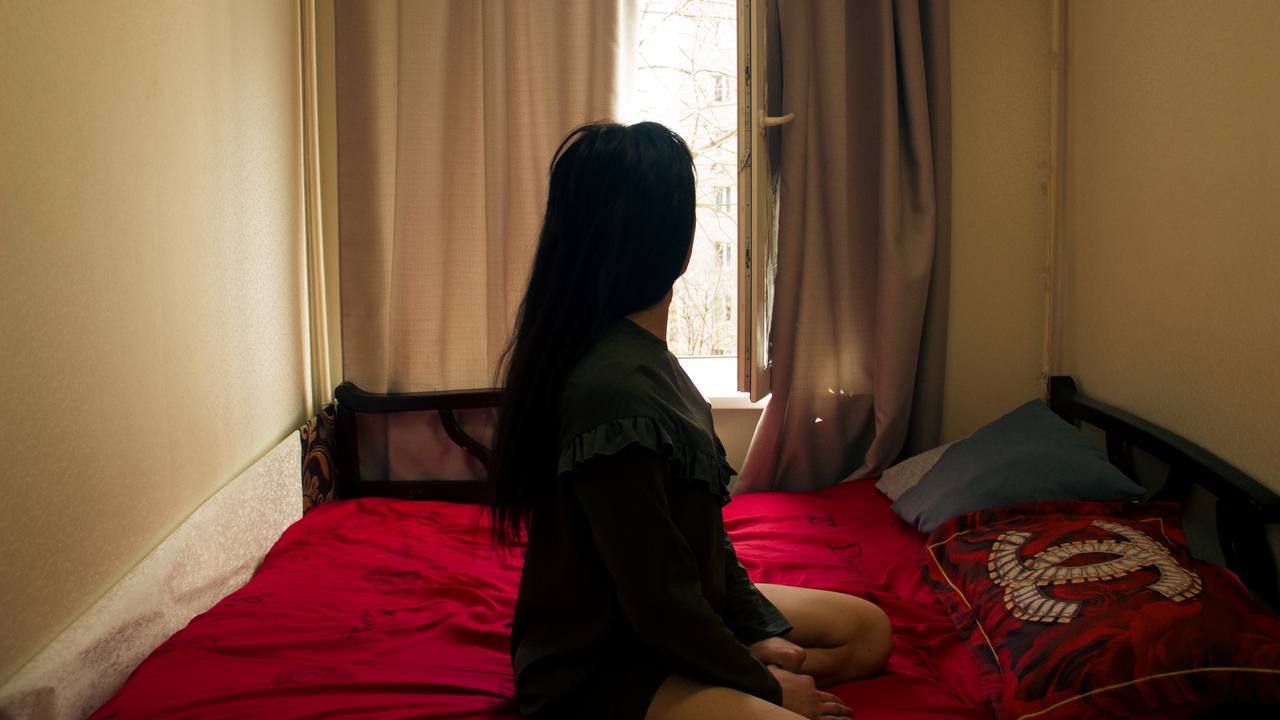
Migration Is the Path to Freedom. A Photo Report about Sumaya
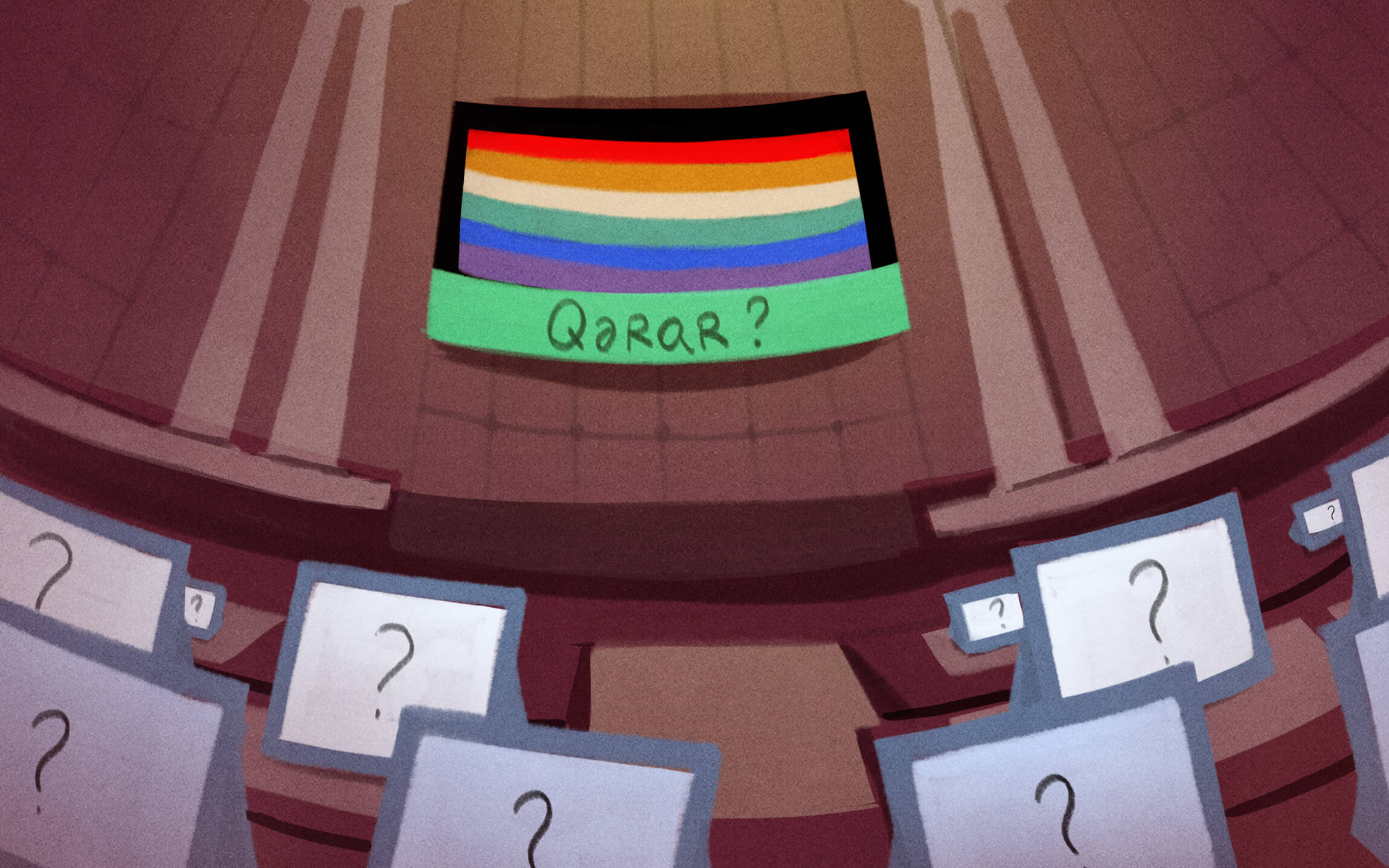
Russia’s Homophobic Law Inspires Azerbaijani Political Elites

“I Put a Lid On My Sexual Orientation, I Buried It”: Life of LGBTQ+ People in the Temporarily Occupied Territories of Ukraine

Non-traditional Values: Did Uzbekistan Inherit Homophobia and Family Concepts from Soviet Union?

Gay Pride Parade, “Dazhynki” or White March: which holiday suits “Belarusians of the future”?

Beyond Blurred Existence

